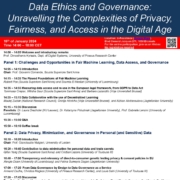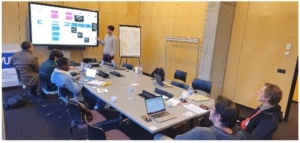 2024, the final year of the LeADS project, kickstarted with an intensive three-day meeting packed with a wide variety of LeADS activities. Organized by the LeADS consortium, the activities took place in Brussels on the campus by LeADS beneficiary VUB.
2024, the final year of the LeADS project, kickstarted with an intensive three-day meeting packed with a wide variety of LeADS activities. Organized by the LeADS consortium, the activities took place in Brussels on the campus by LeADS beneficiary VUB.
During this packed three days, three distinct events took place, amongst them the Technology Innovation in Law Laboratories (TILLs) workshop. Partners of the LeADS project, Indra and the Italian Competition Authority AGCM, provided three cases for the ESRs.
Each case involved real-life cases the company and competition authority were confronted with during their work.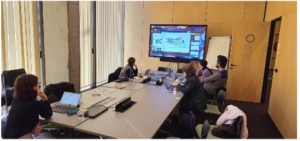
The first case concerned an investigation by the Italian competition authority against Apple for alleged abuse of its dominant position in the App Market. ESRs had to identify counterarguments that Apple could provide in response to the investigation and how the AGCM could further solidify their case.
The second case concerned an investigation by the AGCM against Google for an abuse of its dominant position regarding its implementation of the right to data portability. ESRs had to investigate how commitments by Google had to be updated in order to be compliant with the recently published Digital Markets Act (DMA).
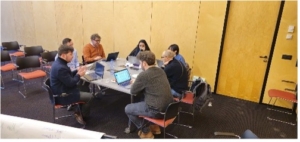 In the third case provided by Indra, ESRs were confronted with the challenge of a cyber security company, that was confronted with a cyberattack against voting machines which had been used during elections. ESRs had to analyze which legal obligations the company had to comply with and which technical vulnerabilities had been exploited during this security breach.
In the third case provided by Indra, ESRs were confronted with the challenge of a cyber security company, that was confronted with a cyberattack against voting machines which had been used during elections. ESRs had to analyze which legal obligations the company had to comply with and which technical vulnerabilities had been exploited during this security breach.
During the first day, the ESRs had to analyze and develop their solutions to the given problem. Reflecting the spirit of the LeADS project, each team involved experts in law and technology in order to develop truly interdisciplinary solutions for each case.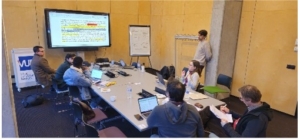
During the second day, ESRs presented their solutions to the partners of the LeADS project and discussed to what extent their solution matched the approach by Indra and the AGCM.
The TILLS gave our ESRs the possibility to not only test their knowledge on real-life cases but also to further develop and test their problem-solving, collaboration, time-management and presentation skills.



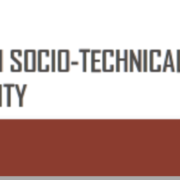
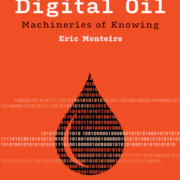
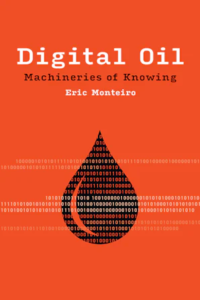 ESR Barbara Lazarotto wrote a book review on ‘Digital Oil – Machineries of Knowing’, by Eric Monteiro for the Italian Journal of Science & Technology Studies Tecnoscienza.
ESR Barbara Lazarotto wrote a book review on ‘Digital Oil – Machineries of Knowing’, by Eric Monteiro for the Italian Journal of Science & Technology Studies Tecnoscienza.
 2024, the final year of the LeADS project, kickstarted with an intensive three-day meeting packed with a wide variety of LeADS activities. Organized by the LeADS consortium, the activities took place in Brussels on the campus by LeADS beneficiary VUB.
2024, the final year of the LeADS project, kickstarted with an intensive three-day meeting packed with a wide variety of LeADS activities. Organized by the LeADS consortium, the activities took place in Brussels on the campus by LeADS beneficiary VUB.
 In the third case provided by Indra, ESRs were confronted with the challenge of a cyber security company, that was confronted with a cyberattack against voting machines which had been used during elections. ESRs had to analyze which legal obligations the company had to comply with and which technical vulnerabilities had been exploited during this security breach.
In the third case provided by Indra, ESRs were confronted with the challenge of a cyber security company, that was confronted with a cyberattack against voting machines which had been used during elections. ESRs had to analyze which legal obligations the company had to comply with and which technical vulnerabilities had been exploited during this security breach.
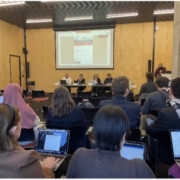
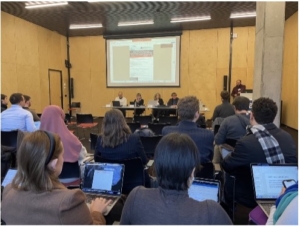 During this packed three days, three distinct events took place, amongst them the Conference on Data Ethics and Governance: Unravelling the Complexities of Privacy, Fairness, and Access in the Digital Age.
During this packed three days, three distinct events took place, amongst them the Conference on Data Ethics and Governance: Unravelling the Complexities of Privacy, Fairness, and Access in the Digital Age.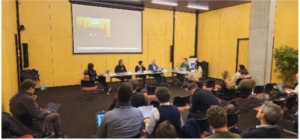
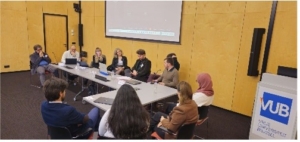 Contribution to data minimisation for personal data and trade secrets (ii) Transparency and relevancy of direct-to-consumer genetic testing privacy & consent policies in EU (iii) From Data Governance by Design to Data Governance as a Service.
Contribution to data minimisation for personal data and trade secrets (ii) Transparency and relevancy of direct-to-consumer genetic testing privacy & consent policies in EU (iii) From Data Governance by Design to Data Governance as a Service.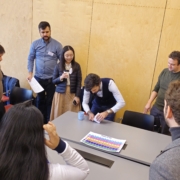
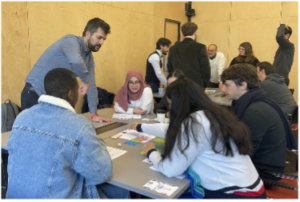
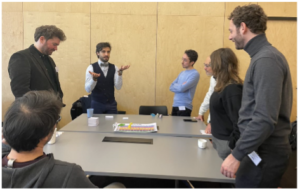
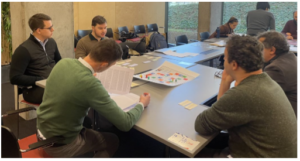 In
In  of a fictional town. Each player needs to collaborate with at least another player and use his/her knowledge in legal and technological domains to solve challenges that data subjects may face in real life.
of a fictional town. Each player needs to collaborate with at least another player and use his/her knowledge in legal and technological domains to solve challenges that data subjects may face in real life.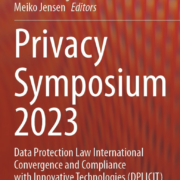
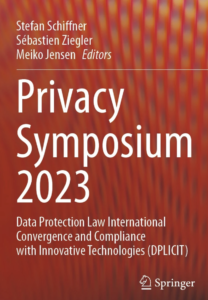 ESRs Soumia Zohra El Mestari and Fatma Sümeyra Doğan, along with Dr Marietjie Botes, have recently published a paper at the
ESRs Soumia Zohra El Mestari and Fatma Sümeyra Doğan, along with Dr Marietjie Botes, have recently published a paper at the 
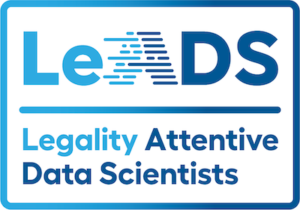


 Despite justifications based on the right to good administration, concerns arise regarding the impact on citizen autonomy and privacy. Her paper explores the concept of “smart governments,” analyzing common technological practices, such as nudging and sensorization of public environments.
Despite justifications based on the right to good administration, concerns arise regarding the impact on citizen autonomy and privacy. Her paper explores the concept of “smart governments,” analyzing common technological practices, such as nudging and sensorization of public environments.